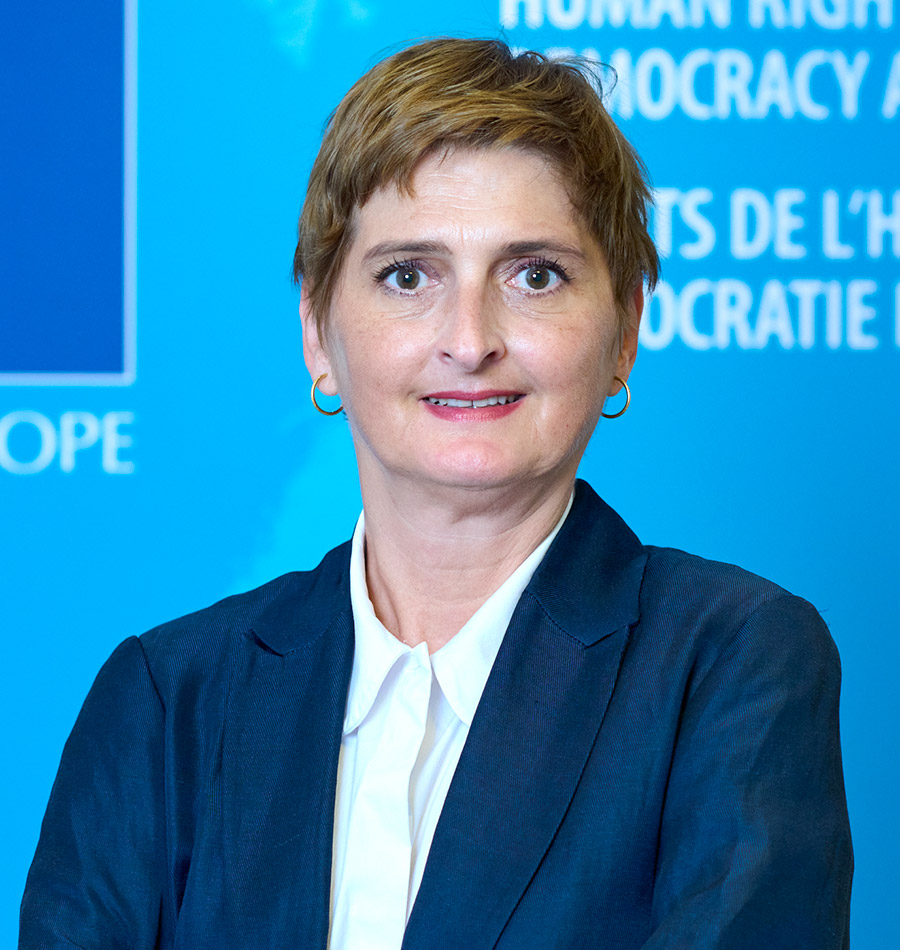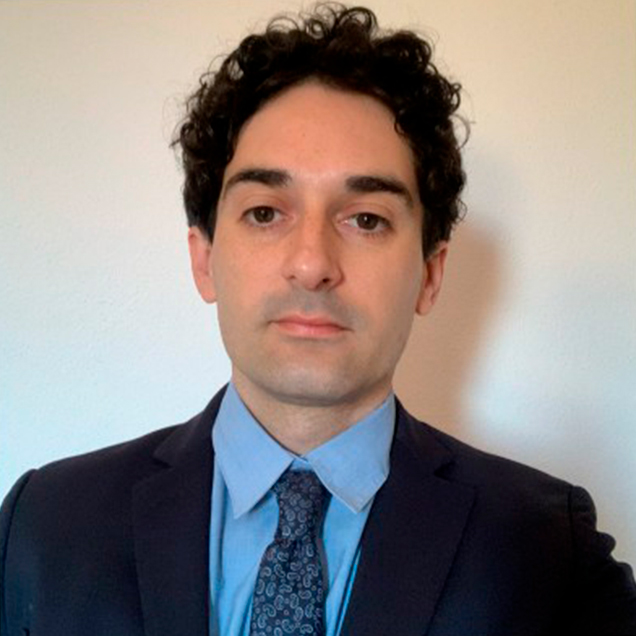Read this edition’s article delving into Europe’s approach to extremism, and exploring the rise of conspiracy theories, incel culture, and far-right extremism.
There is a need to improve post-penal support for VEPs and radicalised inmates to support their full reintegration into their communities.
Tanja Rakušić-Hadžić, Head of the Cooperation in Police, and Deprivation of Liberty Division of Directorate General Human Rights and Rule of Law, Council of Europe

Tanja Rakušić-Hadžić
Head of the Cooperation in Police, and Deprivation of Liberty Division of Directorate General Human Rights and Rule of Law, Council of Europe
In terms of challenges ahead, ensuring sustainable management of VEPs and other radicalised inmates and preparing them for release still remains the greatest challenge.
Finally, strengthening the role of probation services in the process is another area that requires our collective attention and support. The ongoing regional project will continue to build the capacity of existing probation services and other similar service providers in the Western Balkans region.
It is crucial to ensure that the strategies employed in prisons to counter extremism are not only well-intentioned but also genuinely effective in achieving lasting transformation.
Dr Denion Meidani, Director of the Coordination Center for Countering Violent Extremism (Ministry of Interior of Albania)

Dr Denion Meidani
Director of the Coordination Center for Countering Violent Extremism (Ministry of Interior of Albania)
Ultimately, we should aim to create safer communities and facilitate successful reintegration for individuals who have turned to violent extremism. Many countries recognise the limitations of traditional prison systems and are reorganising their correctional services to emphasise cooperation with municipalities, non-profit organisations, volunteers, and the social networks of offenders.
These efforts require considering various interconnected factors within the criminal justice system, including offender characteristics, social networks, sanctions, legal changes, and societal developments, while upholding principles such as respect for personhood, meaningful autonomy, but especially self-repair, and self-formulation.
Embracing a rehabilitative approach within the correctional system, allowing a dynamic interaction between the hard and soft powers at play within that ecosystem should align security with the principles of fostering social cohesion and reducing the likelihood of reoffending, otherwise referred to as “Smart Power”, contributing to overall community safety.
Despite the evident need for comprehensive rehabilitation strategies, there are key areas requiring attention for managing Violent Extremist Prisoners:
• Security Intelligence and Data Sharing: Strengthening intelligence and data-sharing in and out of prisons is vital for identifying and addressing threats effectively;
• Individualized Risk and Needs Assessments: Enhancing the capacity for tailored assessments enables targeted rehabilitation plans addressing specific vulnerabilities and triggers;
• Interdisciplinary Disengagement Interventions: Expanding interdisciplinary interventions, involving professionals like psychologists, social workers, and religious counsellors, is essential for tackling the complexity of extremism;
• Social Reintegration Prospects: Improving coordination between pre-release and post-release service providers which optimizes resource allocation and risk reduction, ultimately improving rehabilitation outcomes.
It is crucial to ensure that the strategies employed in prisons to counter extremism are not only well-intentioned but also genuinely effective in achieving lasting transformation. For this we need to advocate for more independent evaluations, to determine their efficacy.
Through dedication and innovation, we aim to create safer communities and successfully reintegrate individuals who have turned to violent extremism.
The heterogeneity of the violent extremist population necessitates tailored programmes, especially considering the increasing prevalence of psychiatric conditions.
Laurent Ridel, Director of the Prison Administration, France

Laurent Ridel
Director of the Prison Administration, France
To deal with extremism in an effective way, we must identify radicalisation early on.
Katja Meier, State Minister of Justice and for Democracy, Europe, and Gender Equality, Saxony, Germany

Katja Meier
State Minister of Justice and for Democracy, Europe, and Gender Equality, Saxony, Germany
The policy plan consists of several individual parts, including training courses for members of staff, matters of security, and how to accommodate terrorists or people who have been imprisoned for politically motivated crimes. KUrteG also suggests ways in which the different authorities can better cooperate, and it addresses the topic of prevention. To deal with extremism in an effective way, we must identify radicalisation early on.
The prison environment can act as a trigger for opportunistic alliances between extremists of different persuasions because of their shared hatred for the authorities.
Dr Francesco Farinelli, Programme Director, European Foundation for Democracy

Dr Francesco Farinelli
Programme Director, European Foundation for Democracy
In research, prisons are seen as places of vulnerability that can foster radicalisation.
For instance, Greece’s ‘Second Chance School’ provides comprehensive education to inmates, fostering their participation in economic, social, and cultural realms.
These examples represent practices that can be implemented and tailored to suit other EU countries. They present an opportunity for the prison system to address the critical need to diminish radicalisation processes within correctional facilities and to facilitate the effective reintegration of individuals with a history of violence back into society.


